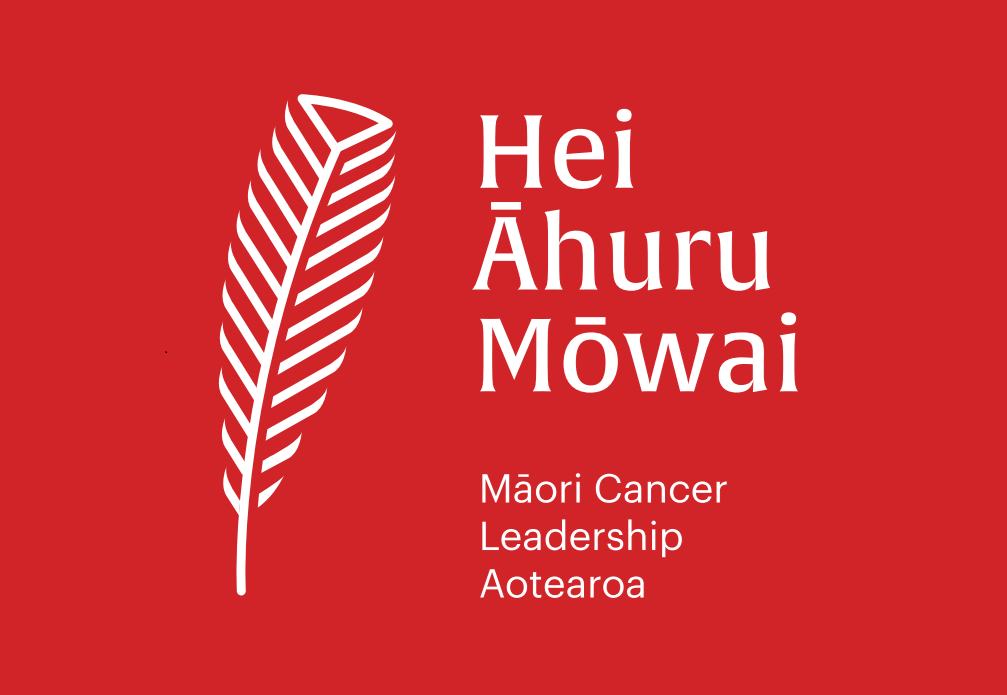Professor Sue Crengle
Bowel cancer, lung cancer, Māori health equity expert.
Professor Sue Crengle (Kāti Māmoe, Kāi Tahu, and Waitaha) is a senior Māori health researcher with a focus on health inequities, health services research, quality of care, and youth health. Cardiovascular disease and cancer studies have been a major focus of her research.
Sue studied medicine at Waipapa Taumata Rau, The University of Auckland, and specialised in general and public health medicine. She has now been working as a researcher and GP for over 25 years. She then went on to complete her PhD on ethnic inequities in primary care management of children’s asthma. She works one day a week as a GP practice in Waihōpai Invercargill, alongside her research and contributions to various boards and organisations.
Much of her work involves identifying where and how Māori health inequities occur and testing ways to eliminate these inequities. She used this experience as a member of the Māori Health Authority Board (departed 01 July 2023).
One of the areas that Sue recognises inequities in Māori health is bowel cancer. This cancer is increasingly becoming an important issue for everyone in New Zealand. More Māori are diagnosed with bowel cancer than non-Māori, yet the national screening programme doesn’t begin until 60 years (up until 74 years).
She believes that if the health system were to screen and diagnose Maori from 50 years of age, it would make a difference. She is also working to see more equity in the screening programme. As an advisor to Bowel Cancer NZ, she brings a GP’s point of view and aims to provide more of a voice for Māori. Sue is also an expert advisor for He Āhuru Mōwai, the national Māori cancer leadership group. Sue is also leading a programme of work about lung cancer screening using a low-dose CT scan. The programme aims to design a lung cancer screening pathway that works for Māori.
As a professor at Te Whare Wananga o Otago, the University of Otago, she teaches for the public health program and around Māori public health. She supports non-Māori students in becoming reflective because they will work in areas that impact Māori health. They’ll need to be reflective about themselves and their own potential bias.
For Māori students, she wants to share experiences with them and have them see that there is a wide range of places for them to work in the health system.
Links:
Division of Health Science – Sue Crengle

